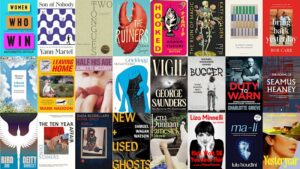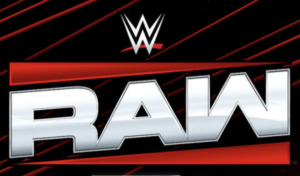
One of Australia’s pioneering streaming services, Optus Sport, is poised to exit the local market imminently, marking a significant shift in the country’s sports broadcasting landscape. Nearly nine years after its inception, Optus Sport is reportedly close to selling its suite of broadcasting rights, including its prized Premier League coverage. This move signifies the largest departure in a decade marked by intense competition for sports broadcasting rights, which has often forced fans to subscribe to multiple platforms to follow their favorite sports.
The anticipated exit of Optus Sport leaves Stan, owned by Nine Entertainment, as the sole home-grown sports streaming service in Australia. This follows the acquisition of Foxtel by UK-based, Saudi Arabia-backed Dazn earlier this year. Stan, initially established in 2015 as a joint venture between Nine and Fairfax Media, focused on entertainment before expanding into sports. Its expected acquisition of Optus’ rights for around $300 million positions Stan Sport as a formidable competitor to Foxtel/Kayo Sports, which currently holds the rights to major Australian sports such as the AFL and NRL.
Stan’s Strategic Expansion
Stan’s acquisition of Optus Sport’s rights is set to be announced soon, but for now, Optus Sport continues its operations, promoting events such as the Uefa Women’s Euro 2025 tournament. An Optus spokesperson stated, “All companies regularly review their businesses to ensure they are maximizing value and realizing their full potential – Optus is no different. We don’t comment on speculation.”
Optus Sport launched in 2016, embracing the over-the-top (OTT) streaming model that bypassed traditional cable and satellite providers, delivering content directly via internet connections. Sports rights consultant Jon Marquard, who was involved with Optus Sport until about 18 months ago, noted that while the strategy was initially successful, changes in the market dynamics and increased global competition have challenged Optus.
“That period of 2019 to 2023, culminating in the Women’s World Cup, added around $1 billion to the brand value of Optus when it had faced other challenges including the major outage and cyber incident,” Marquard said. “It was undeniably a good thing for the first six years, but the writing has been on the wall for a while relative to other streamers, as globalisation has occurred and new players have come into the market, and Optus hasn’t been able to keep pace with that.”
Global Players and Market Dynamics
Meanwhile, international giants like Amazon, with its ICC cricket rights, and Disney, through ESPN on Disney+, have solidified their presence in the Australian market. Other major players like Netflix and Apple have also acquired sports rights overseas, intensifying competition.
Despite Optus Sport’s comprehensive football offerings, including the Women’s Super League, J.League, and various international competitions, it struggled to become the primary destination for football fans. Paramount+ and Stan Sport have secured rights to other popular football events, including the Matildas, Socceroos, A-League, and the European Champions League.
“It’s a credit to Nine to keep going and look to increase scale,” Marquard remarked. “To go out and reinvest in rugby domestically and the World Cups, and now increasing their football portfolio, they need that.”
Implications for Subscribers and the Future
Stan’s growing sports portfolio, which includes upcoming broadcasts of Wimbledon and the British & Irish Lions tour, underscores its expanding influence across multiple sports. Marquard suggested that a more compelling sports offering could encourage more Stan subscribers to opt for its sports package, which costs an additional $15 on top of the basic $12 monthly fee. Stan has reported 2.3 million subscribers, though only a fraction currently pay for sports.
With Optus Sport’s exit, football fans might save on subscription costs, but the landscape remains complex with Kayo’s resurgence. Dazn’s acquisition of Foxtel and its subsequent $1 billion deal with FIFA for the Club World Cup has already led to changes, including staff redundancies and increased subscription prices.
The ongoing negotiations for NRL rights post-2028 and Stan’s commitment to expanding its portfolio suggest that the sports streaming market in Australia is on the cusp of further transformation. Dazn, backed by Saudi Arabia’s Public Investment Fund, has the resources to influence the market significantly, as evidenced by its $3.4 billion acquisition of Foxtel and its strategic approach to content delivery.
While free-to-air television remains a staple for many Australians, the shift towards internet-based streaming is inevitable. Investments by major networks in ad-supported online platforms signal their awareness of this trend. As Optus exits the scene, the race for dominance in Australia’s sports streaming market remains finely poised, with significant implications for consumers and broadcasters alike.





